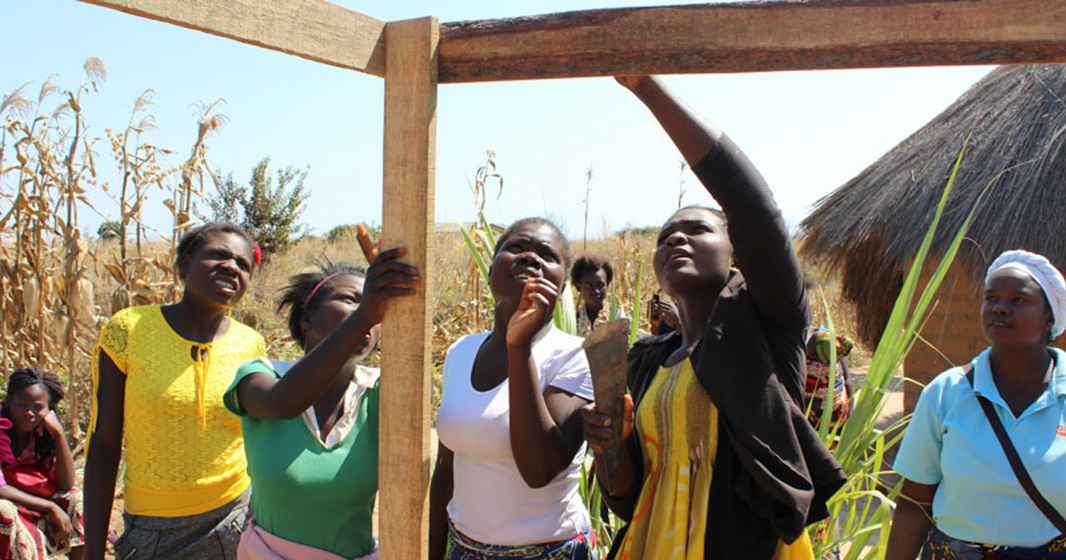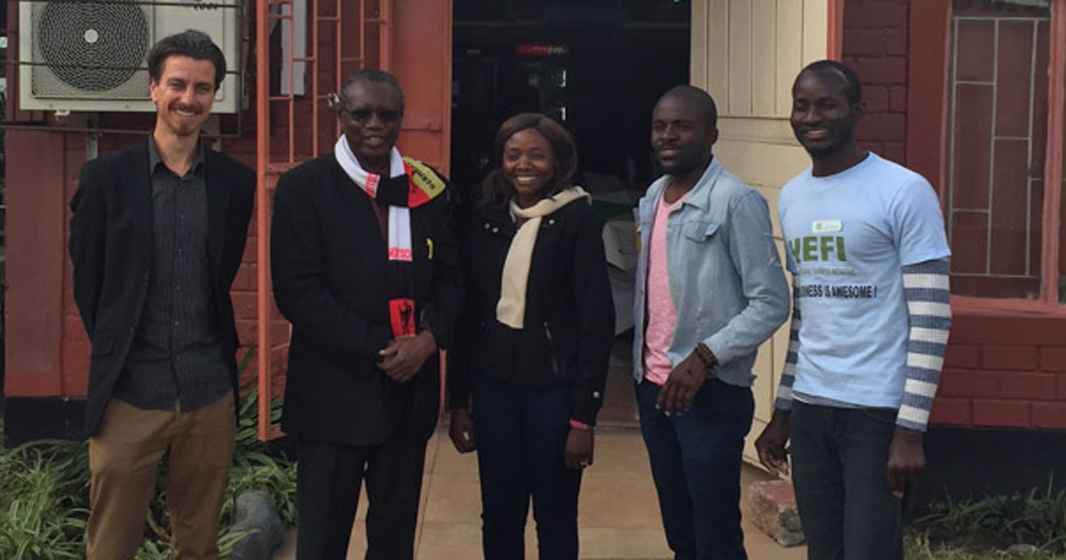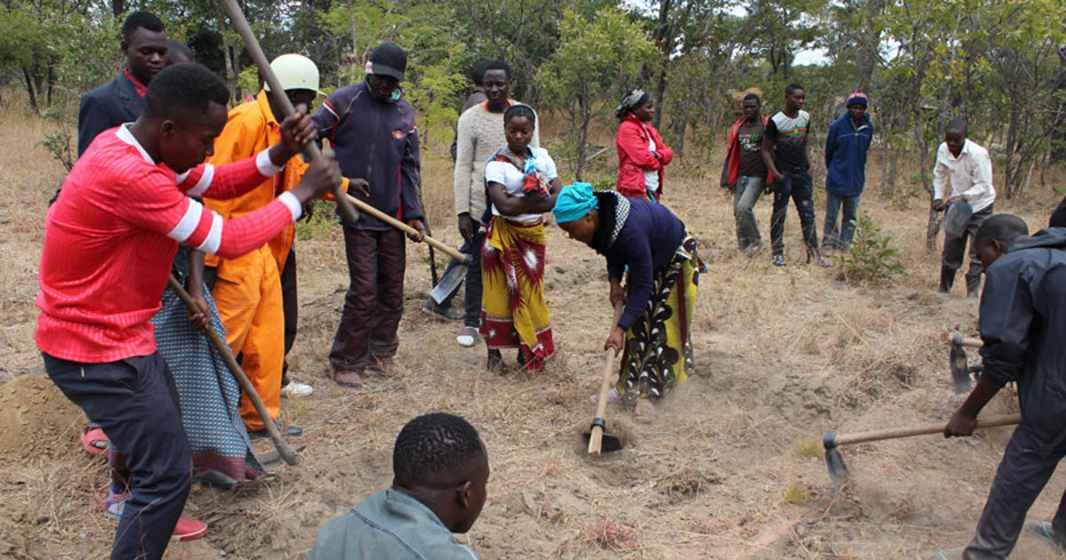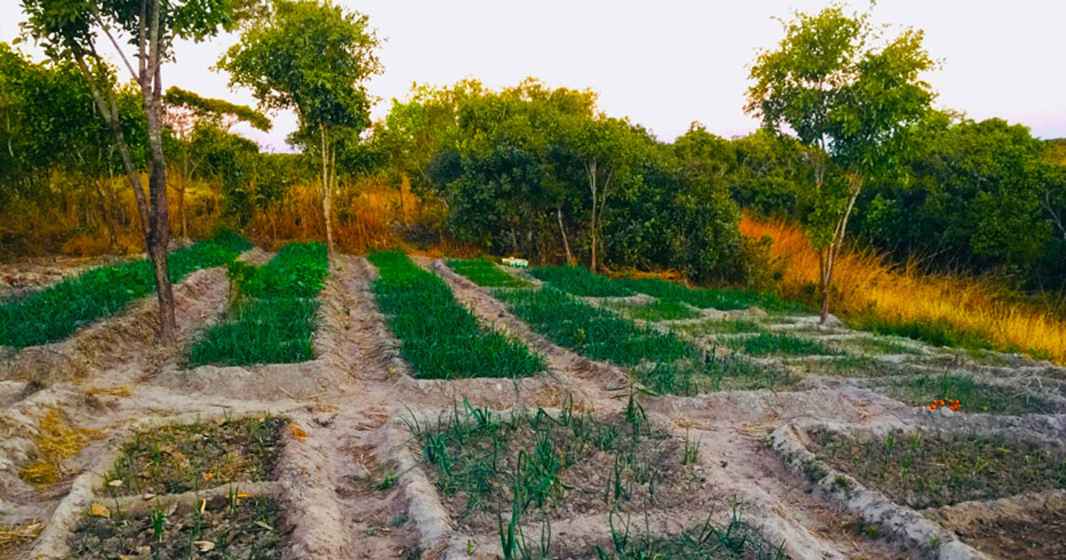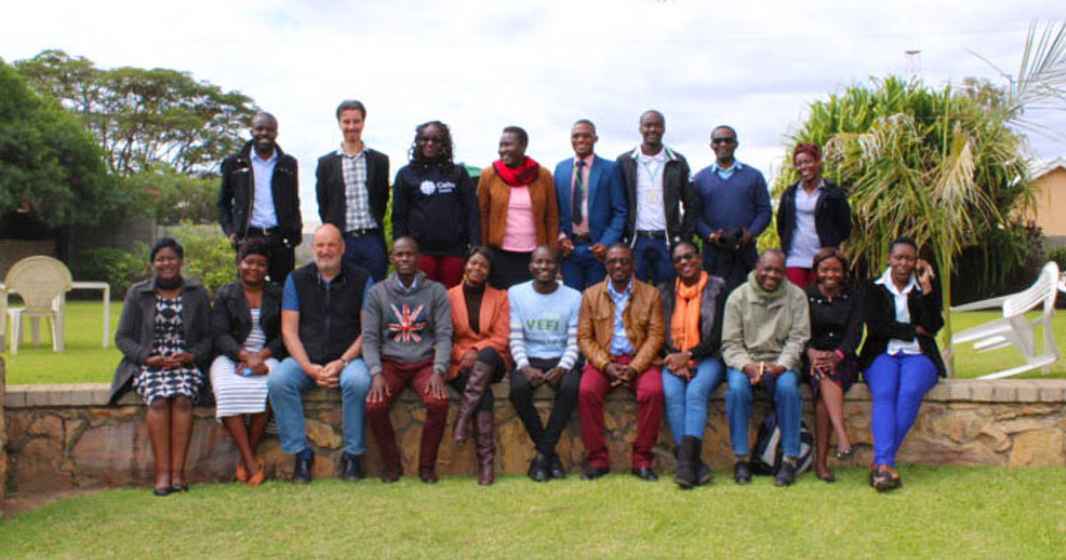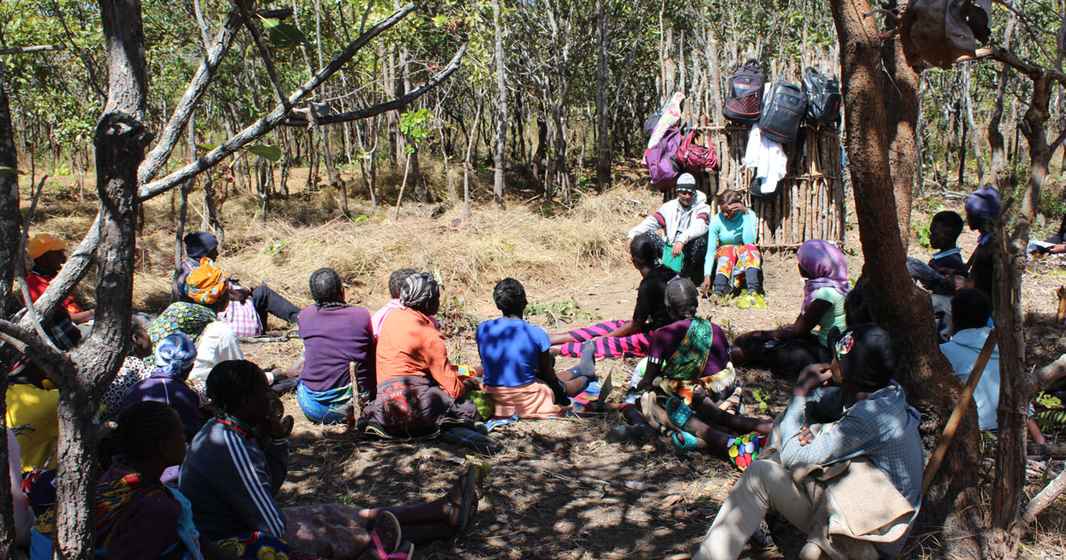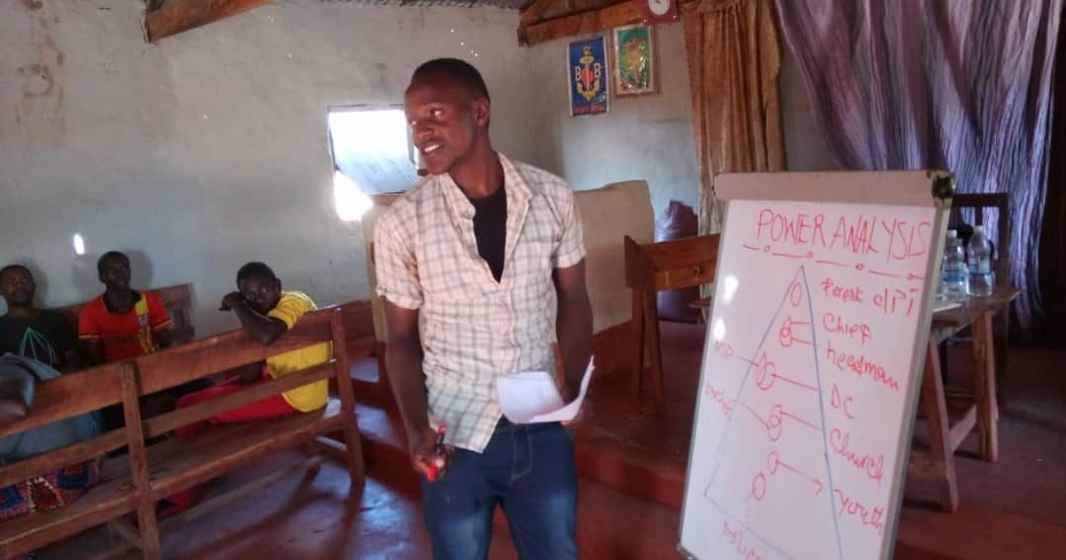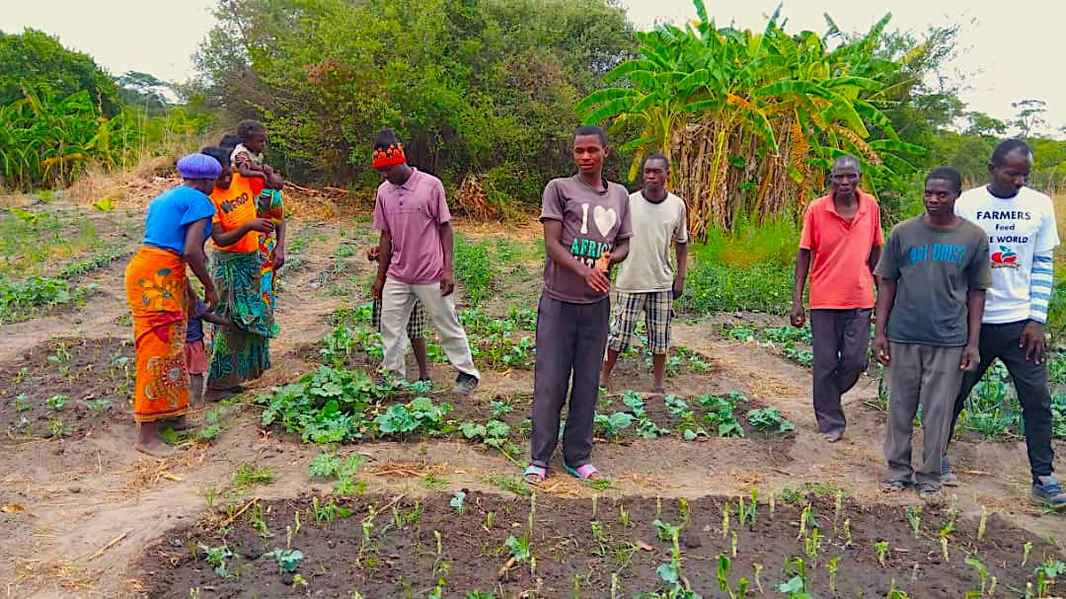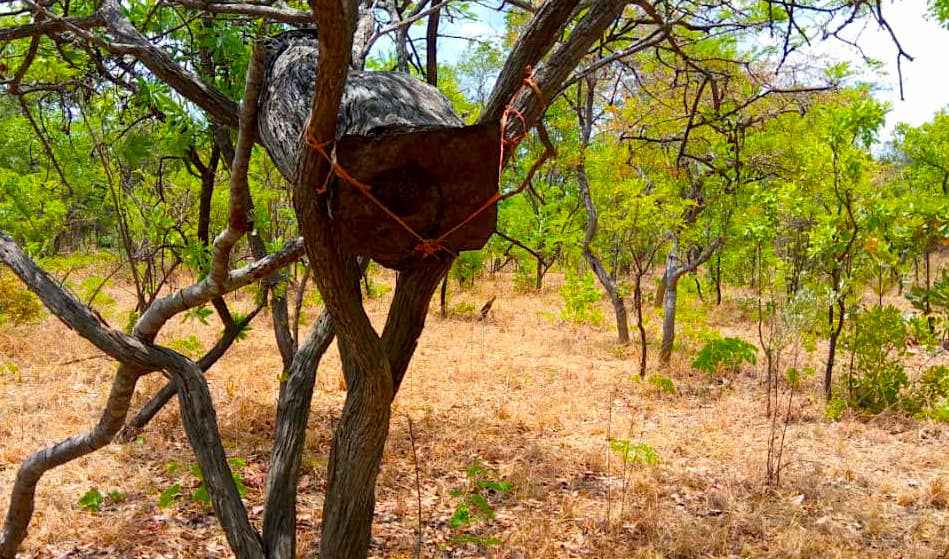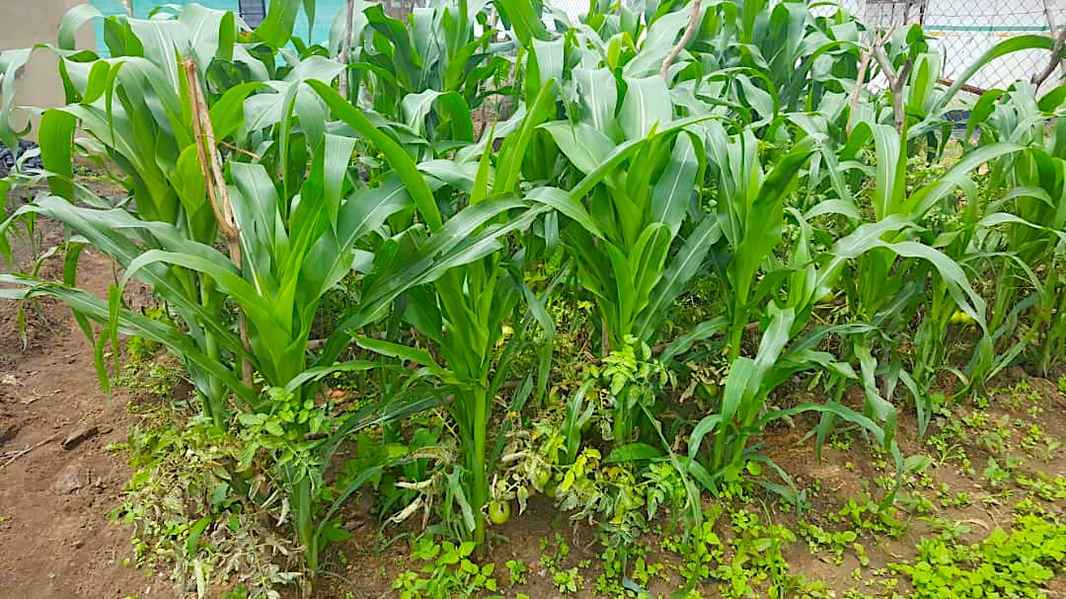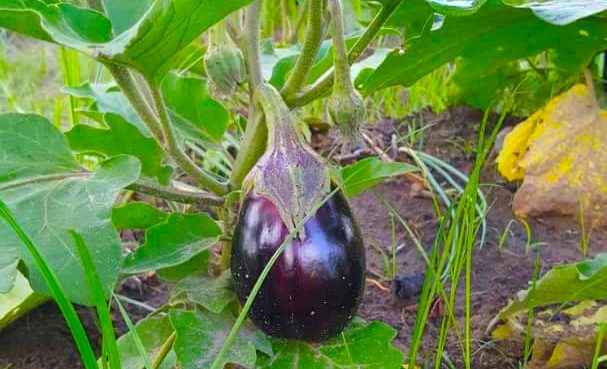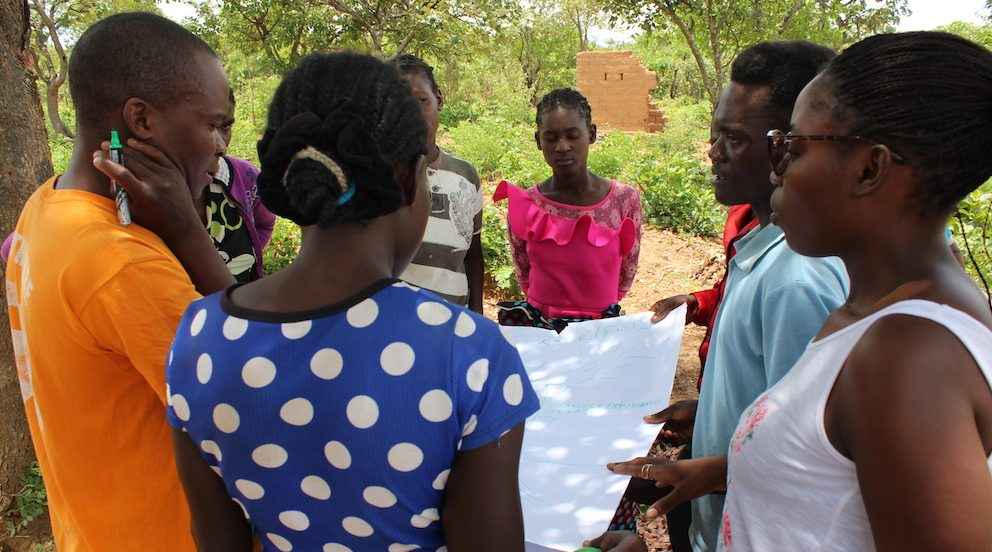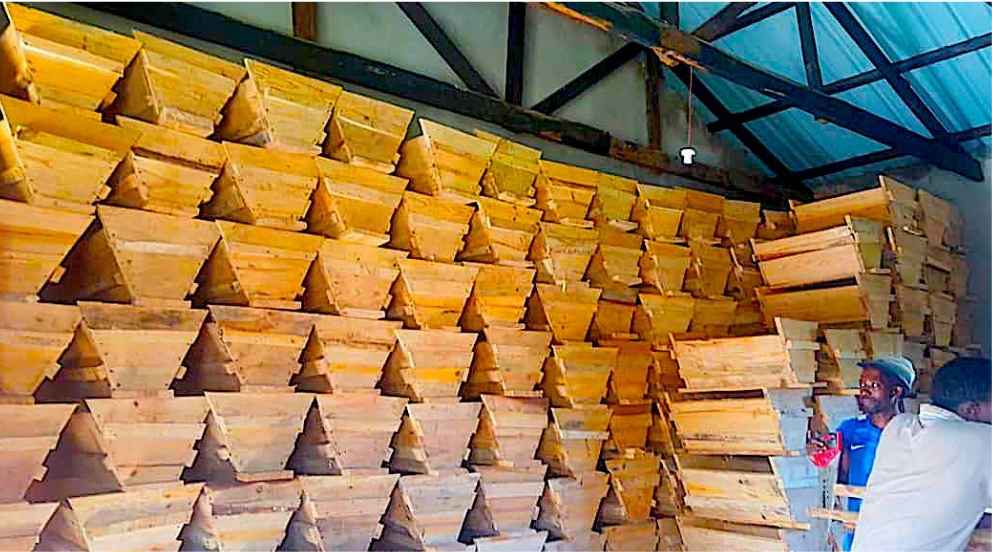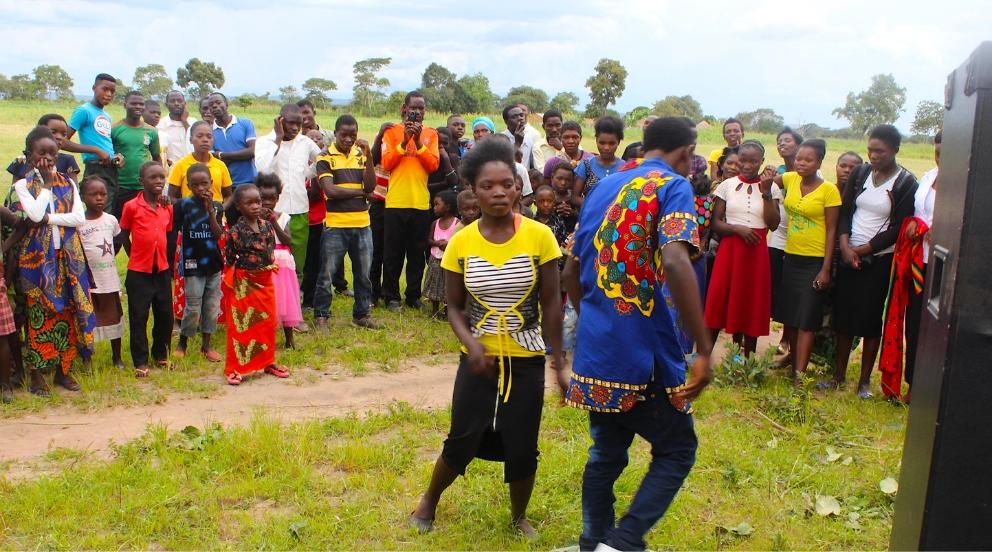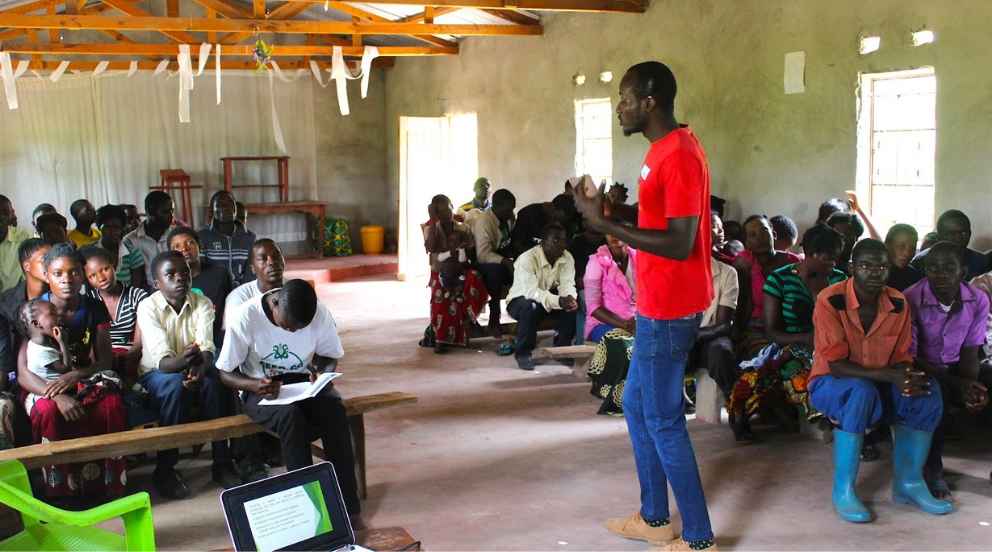ZYCALA!
Project Milestones - Year 2
Maboshe Poultry Training (June 2018)
ZYCALA youth acquired skills in free-range poultry production in the districts of Mkushi, Serenje and Chitambo. The poultry training addressed some of the challenges existing in rural areas due to lack of skills and knowledge among young farmers. The youths learnt sustainable and environmentally conscious methods of establishing poultry entreprises.
The training was practical and was conducted around five engaging topics:
- The 5 basic needs and considerations for every poultry venture
- Prompt monitoring and assessment of poultry houses
- Design and construction of simple parent stock housing
- Biosecurity and disease prevention
- Business modelling
With the skills learnt in this training, the youth will be able to develop scalable enterprises, providing food and livelihood security for their families and communities.
This training has proven successful and has inspired and empowered participants to start their own profitable poultry businesses with the practical knowledge they gained.
The potential of social enterprise for ZYCALA youth (July 2018)
The ZYCALA project team met with Hector Banda of Sylva Food Solutions to discuss opportunities in solar drying training and marketing of local traditional vegetables. Sylva Food Solutions trains local farmers on how to dry traditional vegetables hygienically and the final products are then packaged, exported and sold to leading supermarkets. The techniques will be replicated in the ZYCALA project enabling farmers to preserve fruits and vegetables and to create profitable and cost effective social enterprise ventures which will be a key means of poverty alleviation in the region.
Sustainable Organic Agriculture Training in Mkushi (July 2018)
Youths from the Mkushi district learnt with permaculture expert Pradyut Nayek Kumar how to prepare inverted beds to be used for dry season growing. Youths compacted round compost to prepare for adding new biomass. Some lecture type sessions were held where Pradyut explained seed saving and the importance of traditional seeds and how to prepare the nursery bed. Village chickens will be producing eggs and breeding new chicks for growing the flock.
Sustainable Organic Agriculture Training in Serenje (July 2018)
Youth in Serenje were taught through practical sessions with permaculture expert Pradyut Nayek Kumar how to prepare inverted nursery beds and how to grow crops using sustainable organic agriculture techniques and no chemical inputs. Youths inspected beehives which will be used to generate income and long-term livelihood security.
Kabwe Meeting
Scottish Government funded projects in Zambia and other projects/organisations doing similar work in central province met together in Kabwe for a shared learning and collaboration meeting. Seven organisations came together (Gaia Education, WWF Zambia, YEFI, Caritas Kabwe, Caritas Zambia, First Aid Africa and Foundation for Wildlife and Habitat Conservation) and the Tukutane Network was born. Tukutane means ‘to come together’ and the network is committed to meeting every six months. It aims to share learnings and to continue to collaborate going forward in their work.
Permaculture Activities (August 2018)
Over the last 18 months, ZYCALA youth have learnt holistic approaches to agriculture and conservation in an attempt to increase food security and pave a path out of poverty.
Permaculture design principles are centred around working alongside nature to not only increase crop yields but to create an organic and sustainable system of production. Supporting this approach, the ZYCALA youth have been trained in permaculture design practices such as skills in compost making, raised bed, crop diversification and water preservation to address unsustainable farming practices and low productivity in the region.
After a successful training, Zambian youth created an insightful Step-by-Step Handbook of permaculture techniques covering six sustainable agriculture practices: permaculture designs, organic fertiliser, permaculture beds, micro-water harvesting, seedling transplanting and seed saving.
Determined to inspire and empower others, the handbook will help the youth disseminate their learning to the wider community. It will be distributed among community leaders in the region and the youth will become active facilitators of conservation agriculture, reaching out to other young people in the province. In this way, the handbook will catalyse action in the region, engage local communities with ZYCALA and equip them with tools for positive change. It will strengthen communities from within by providing them with the knowledge and tools to implement their own permaculture projects, encourage greater food security and improve socio-economic well-being.
Communications and Advocacy Training (September 2018)
Communications and advocacy play a significant role in the ZYCALA project which aims to reach 150,000 young people throughout the duration of the project. The aim of involving many youths is to have a great impact on widespread change and transformation in the region.
With 181 Youth Change Agents taking part, the first training gave an introduction to different advocacy and communication channels and how they can be utilised to transfer knowledge and skills to the wider community. The youth were taught and empowered with skills in facilitation to reach out to the Ministry of Agriculture, the forestry department, the agriculture block and camp officers, traditional leaders and councillors, as well as some organisations, in order to become agents of change in their communities.
Demo site in Chinonya (November 2018)
A campaign at Makolongo demo site in June 2018 generated much interest and enthusiasm from local youth who wanted to be part of the ZYCALA project. 15 youth were inspired to set up a new one hectare demo site Chinonya, 18 kilometers from Masansa Junction. This is now the fifth demonstration site in the Mkushi district and is a great example of the impact of the youth campaigns in reaching out to other youth change agents. The youth mobilised their own resources to have their own flock of chickens and to start their own vegetable production.
Traditional bee-keeping in Mkushi (November 2018)
Chinoya demo plot is the 5th demo plot in the Mkushi district. Chinoya has a good water supply in place for irrigating their vegetables and encouraging growth at the site. The traditional bee-hives at Chinoya already have resident bees in them, and surplus honey produce will create self-sustaining revenue and livelihoods for many households.
Intercropping in Serenje (November 2018)
Youths from Kabamba demo plot have been learning about the practice of intercropping and how this can lead to greater yields. This technique will vastly improve the food security and nutritional situation of the households involved and increase household income from surplus produce. At this site tomatoes have been intercropped with maize, and okra with pumpkins, producing outstanding results. Okra which was planted in September is 9 times more fruitful than before, with the vegetables being harvested in early December.
Muchinka plot abundant eggplants (November 2018)
In year two, Muchinka demo plot is demonstrating outstanding results. The eggplants in particular are growing exceptionally well. Each member of the Muchinka demo plot has his or her own garden in which to implement the techniques they have learnt and to disseminate learning with their communities.
Communications and Advocacy Training (December 2018)
By project end, ZYCALA aims to have reached 150,000 youth to raise awareness of the need for social and natural systems management through peer-to-peer learning. In December 75 youth change makers across 3 project sites took part in the Communications and Advocacy training which sought to help ground the youth involved in the project to better understand and appreciate the significance of communicating best practices in agriculture and livelihood community-led initiatives to their peers, neighbourhoods and communities.
Storytelling was the main aim of the training, emphasising the skills necessary to generate compelling stories of change within the project. Radio as a medium to communicate these messages was also introduced. These 75 youth will be torch bearers, using their own stories of growth and change to inspire other youth in the region and to generate collective action.
Beekeeping (January 2019)
Field Interaction Day (February 2019)
Sustainable Business Training (March 2019)
Over two days they explored business principles such as planning and budgeting, financial management, resource mobilization, marketing and record keeping. Engaged youth from 10 demonstration sites strengthen their perception of the linkages between a regionalised food system (SDG 2), strong local economies (SDG 8) and resilient communities. And now ZYCALA youth are even more aware of how to progress with sustainable food opportunities in their region.


